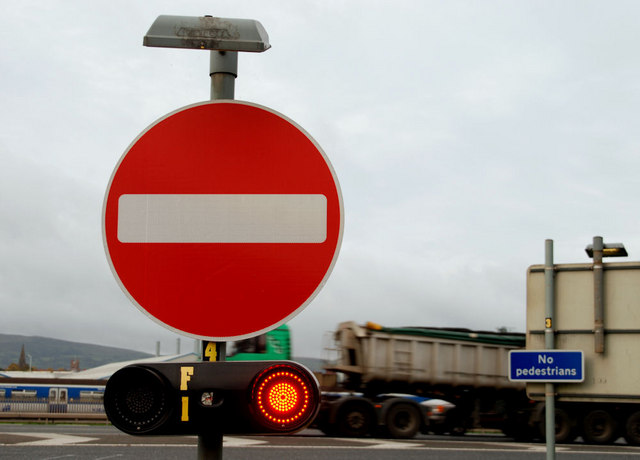 EMERGING TECH
EMERGING TECH
 EMERGING TECH
EMERGING TECH
 EMERGING TECH
EMERGING TECH
Google LLC is following in the steps of Facebook Inc. in banning all advertising related to bitcoin and cryptocurrencies, though not immediately.
The ban, which will cover any cryptocurrency-related content, including initial coin offerings, wallets and trading advice, will extend across all Google-owned platforms, including YouTube, its DoubleClick web ad serving system and others starting in June.
Cryptocurrencies aren’t the only ads targeted by the new “restricted financial products policy.” Ads for aggregators and affiliates advertising dubious financial instruments such as binary options and synonymous products, rolling spot forex products, financial spread betting and contracts for difference are also being banned. Providers of those services that wish to advertise directly will now be required to be certified by Google by proving that they are licensed to provide those services.
The cryptocurrency advertising ban was motivated by concerns about illegal activities. “We don’t have a crystal ball to know where the future is going to go with cryptocurrencies, but we’ve seen enough consumer harm or potential for consumer harm that it’s an area that we want to approach with extreme caution,” Scott Spencer, Google’s director of sustainable ads, told CNBC. Facebook cited similar concerns when banning cryptocurrency related advertising in January.
The ban comes on the same day Google said that it had removed a staggering 3.2 billion so-called “bad ads” in 2017, up from 1.7 billion in 2016. The numbers, detailed by Spencer in a blog post, included Google banning a record 320,000 publishers from its ad network along with 90,000 websites and 700,000 mobile apps for policy violations.
Interestingly, at least from a content creator’s viewpoint, 12,000 websites were blocked for scraping and using content from legitimate sites and 7,000 AdWords accounts were suspended for advertising sites that were pretending to be legitimate news outlets when they were not.
Ads that lead to malicious content were high on the list, with 79 million ads being blocked for linking to sites with malware and 400,000 sites containing malware being banned from Google’s ad network as well.